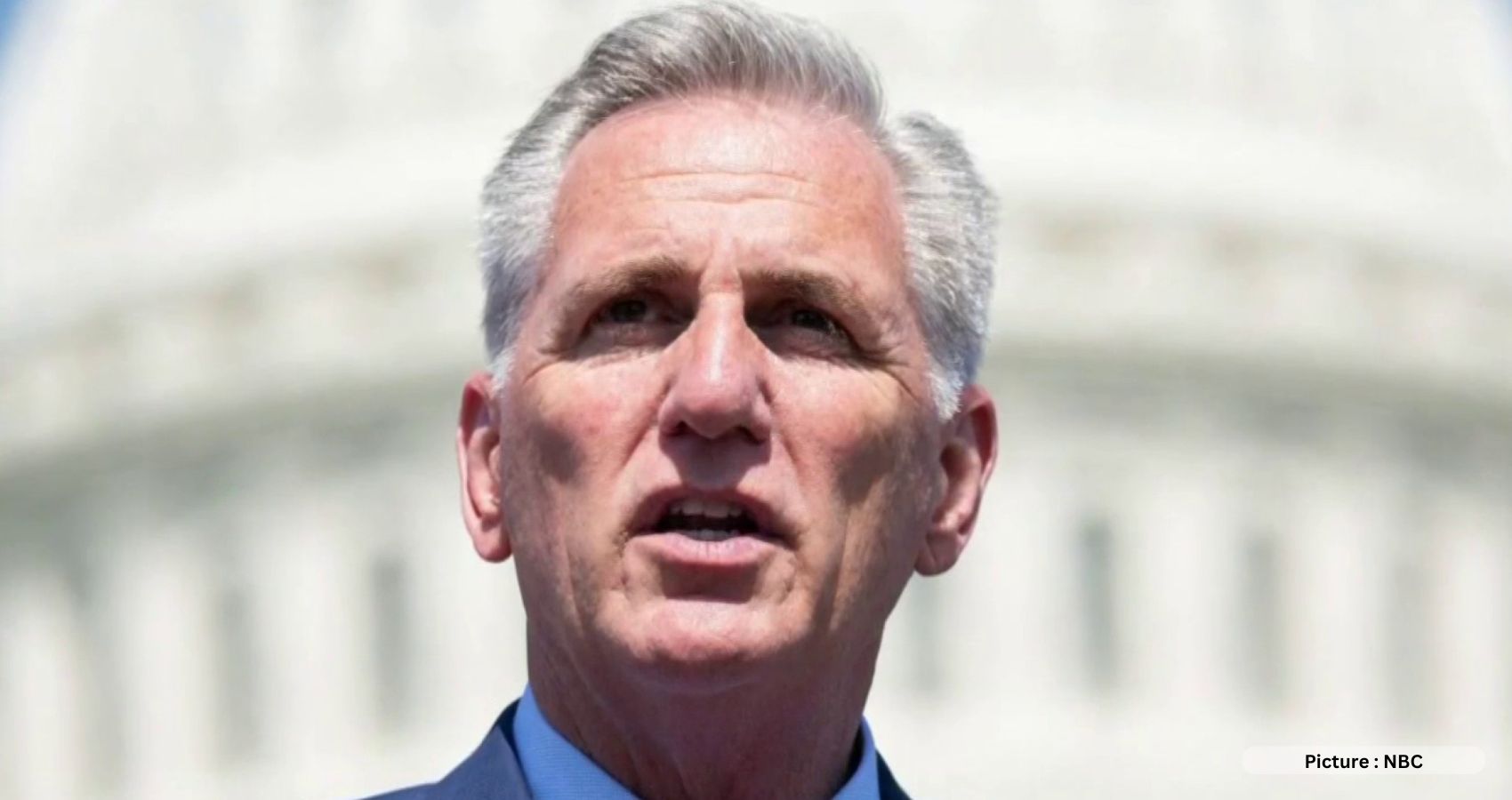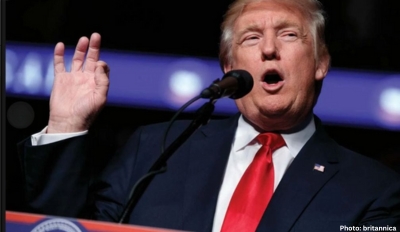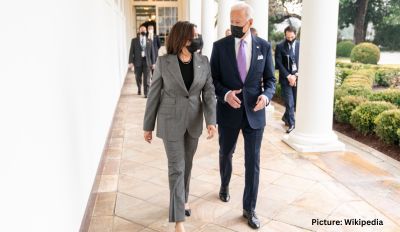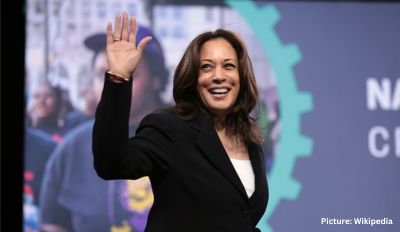The U.S. House of Representatives on Wednesday, April 26, 2023 passed the Limit, Save, Grow Act of 2023 as the debt ceiling debate continues in the nation’s capital. House speaker Kevin McCarthy introduced the legislation on April 19, which would “limit federal spending, save taxpayer dollars,” and “grow the economy.”
The legislation passed 217-215. Four Republicans voted against the bill, which did not get a single vote from a Democrat.
The vote allows the US to raise the nation’s debt limit for one year and limit federal spending growth to 1% annually. The plan, titled the “Limit, Save, Grow Act of 2023,” would increase the debt limit by $1.5 trillion, or until March 31, 2024, whichever comes first.
McCarthy also plans to repeal key parts of Democrats’ signature legislative package and President Biden’s college student debt cancellation program. The GOP bill would also remove $80 billion that Democrats approved last year to improve the Internal Revenue Service (IRS). However, the Congressional Budget Office estimated that repealing the measure would increase the deficit.
McCarthy said on the House floor that limiting government spending would reduce inflation and restore fiscal discipline in Washington. He added that if Washington wants to spend more, it will have to find savings elsewhere, as every household in America does. McCarthy noted that Medicare and Social Security would not be impacted by the cuts. The framework also includes work requirements for adults without dependents enrolled in federal assistance programs.
According to a press release, the legislation would specifically:
- “End the Era of Reckless Washington Spending
- “Reclaim Unspent COVID Funds
- “Defund Biden’s IRS Army
- “Repeal ‘Green New Deal’ Tax Credits
- “Prohibit [President Joe] Biden’s Student Loan Giveaway to the Wealthy
- “Strengthen the Workforce and Reduce Childhood Poverty
- “Prevent Executive Overreach and Restore Article I
- “Lower Energy Costs and Utilities”
The plan also includes “a responsible debt limit increase.”
However, Democrats remain critical of any efforts to link debt ceiling negotiations to legislation that would require work requirements for those on assistance programs. David Scott, the House Agriculture Committee ranking member, said that holding food assistance hostage for those who depend on it in exchange for increasing the debt limit is a nonstarter.
The US hit its current debt limit of $31 trillion in January. The Treasury Department is employing what it refers to as extraordinary measures to essentially act as a band-aid for several months. Those measures are set to run out in early summer. Should Congress fail to raise the debt limit by then, there would be an unprecedented debt default, something that would throw worldwide financial markets into dire straits and likely lead to a recession.
In a speech, McCarthy blasted the president for not meeting with him to negotiate. The pair last met in February and remain at odds over how to address the debt limit. Biden has repeatedly said he wants to sign a clean debt limit bill. Senate Majority Leader Chuck Schumer has also said that efforts to address spending cuts “belong in the discussion about budget, not as a precondition for avoiding default.”
The proposal is likely to face opposition in the Democratic-controlled Senate. Passing the bill would require bipartisan support, which may be difficult given the current political climate. Nonetheless, McCarthy remains optimistic that the proposal will succeed.
“Limited government spending will reduce inflation and restore fiscal discipline in Washington,” McCarthy said. “If Washington wants to spend more, it will have to come together and find savings elsewhere — just like every single household in America.”
“Our plan ensures adults without dependents earn a paycheck and learn new skills,” he said. “By restoring these commonsense measures, we can help more Americans earn a paycheck, learn new skills, reduce childhood poverty and rebuild the workforce.”
“By including these radical proposals as a lever in debt limit negotiations, Speaker McCarthy and his extreme Republican colleagues are ensuring their failure,” David Scott, D-Ga., House Agriculture Committee ranking member, said of McCarthy’s proposal for work requirements.
“President Biden has a choice: Come to the table and stop playing partisan political games, or cover his ears, refuse to negotiate and risk bumbling his way into the first default in our nation’s history,” McCarthy said.











